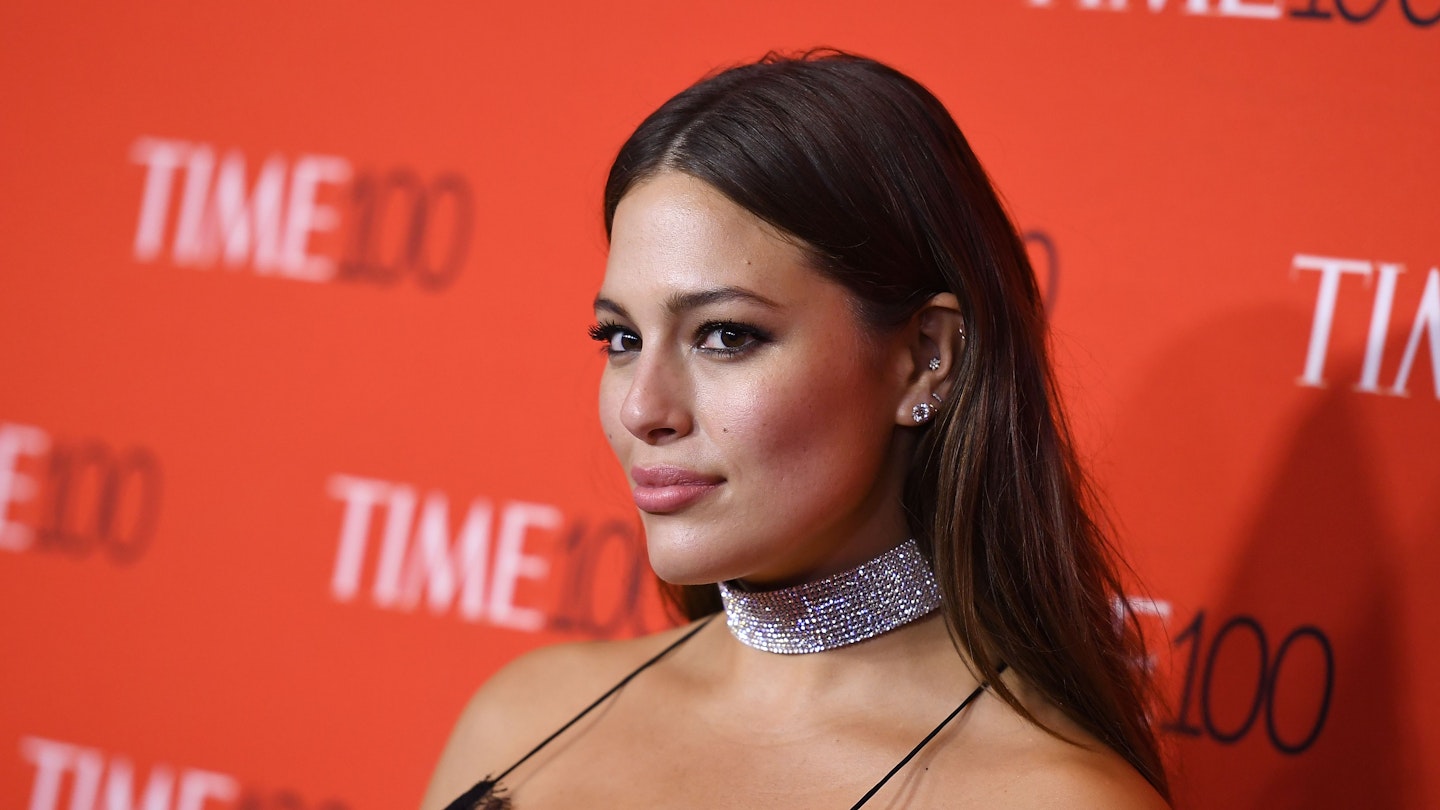The fashion industry is slowly taking small steps to embrace a more inclusive and diverse idea of beauty, but it’s on Instagram that the body positive movement has really taken major strides. Models like Ashley Graham and Iskra Lawrence are using their platform to encourage women to feel more body confident and reclaim the features or quirks that we’ve long been taught to see as flaws: in a feed cluttered with heavily filtered, unrealistically perfect imagery, their empowering posts provide a breath of fresh air.
Now, a new study from Florida State University has proven the link between our exposure to ‘plus size’ and ‘average’ body types (their words, not ours) and our psychological wellbeing.
Researchers gathered a group of 40 women aged between 18 and 22, all of whom described themselves as wanting to be slimmer. These women were then presented with images showing fashion models of a range of different sizes on a TV screen, before being asked to answer questions on how they felt about their own bodies.

‘By measuring psychophysiological responses during image exposure, we were able to gain insights into the real-time cognitive and emotional responses that unfold when women are exposed to different-size media fashion models,’ explained Dr Russell Clayton, the study’s lead author.
When shown images of slimmer, more conventional models, the participants described feelings of low satisfaction with their own bodies, and poorer psychological health. When shown ‘average’ or ‘plus size’ women, though, they experienced ‘enhanced psychological health’ and higher body satisfaction.
‘We found overwhelmingly that there is a clear psychological advantage when the media shows more realistic body types than the traditional thin model,’ added Jessica Ridgway. ‘Women made fewer social comparisons, felt increased body satisfaction, paid more attention to and remembered average and plus-size models.’
‘Therefore, it might be a useful persuasive strategy for media producers to employ plus-size models if the goal of the campaign is to capture attention while also promoting body positivity.’
In other words, not only do we experience a self-esteem boost when we see body types which don’t fit the typical model mould, we’re also more likely to remember the image – a clear advantage for brands looking to grab our attention with their marketing campaigns. Surely that’s a win win?
READ MORE: Why You Need To Follow This Body Positive Instagram Account
